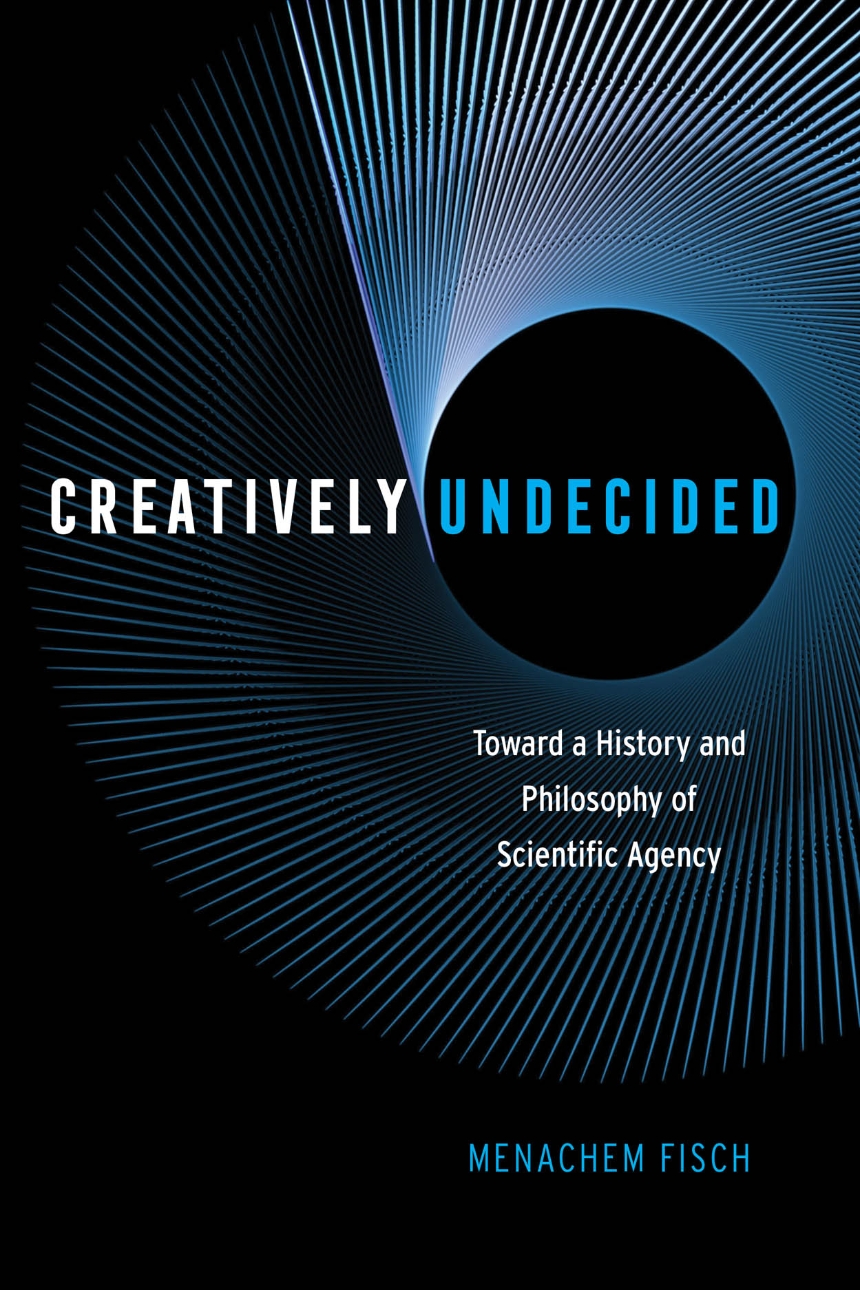Creatively Undecided
Toward a History and Philosophy of Scientific Agency
9780226514512
9780226514482
9780226514659
Creatively Undecided
Toward a History and Philosophy of Scientific Agency
Thomas Kuhn and Karl Popper are believed by many who study science to be the two key thinkers of the twentieth century. Each addressed the question of how scientific theories change, but they came to different conclusions.
By turning our attention to ambiguity and indecision in science, Menachem Fisch, in Creatively Undecided, offers a new way to look at how scientific understandings change. Following Kuhn, Fisch argues that scientific practice depends on the framework in which it is conducted, but he also shows that those frameworks can be understood as the possible outcomes of the rational deliberation that Popper viewed as central to theory change. How can a scientist subject her standards to rational appraisal if that very act requires the use of those standards? The way out, Fisch argues, is by looking at the incentives scientists have to create alternative frameworks in the first place. Fisch argues that while science can only be transformed from within, by people who have standing in the field, criticism from the outside is essential. We may not be able to be sufficiently self-critical on our own, but trusted criticism from outside, even if resisted, can begin to change our perspective—at which point transformative self-criticism becomes a real option.
By turning our attention to ambiguity and indecision in science, Menachem Fisch, in Creatively Undecided, offers a new way to look at how scientific understandings change. Following Kuhn, Fisch argues that scientific practice depends on the framework in which it is conducted, but he also shows that those frameworks can be understood as the possible outcomes of the rational deliberation that Popper viewed as central to theory change. How can a scientist subject her standards to rational appraisal if that very act requires the use of those standards? The way out, Fisch argues, is by looking at the incentives scientists have to create alternative frameworks in the first place. Fisch argues that while science can only be transformed from within, by people who have standing in the field, criticism from the outside is essential. We may not be able to be sufficiently self-critical on our own, but trusted criticism from outside, even if resisted, can begin to change our perspective—at which point transformative self-criticism becomes a real option.
Reviews
Table of Contents
Introduction
Part One: I (Orientations)
1. Two Beginnings: An Overture in the First Person
Part Two: We (Philosophers)
2. The Philosophical Framework
3. The Problem for Science
4. Toward a Narratology of Scientific Framework Transitions
Interlude The Story So Far and That to Come
Part Three: They (a History)
5. Peacock, Babbage, and the “Heresy of the Dots”
6. Creatively Undecided: The Making of Peacock’s Two Algebras
7. Peacock’s Impact
Acknowledgments
Notes
References
Index
